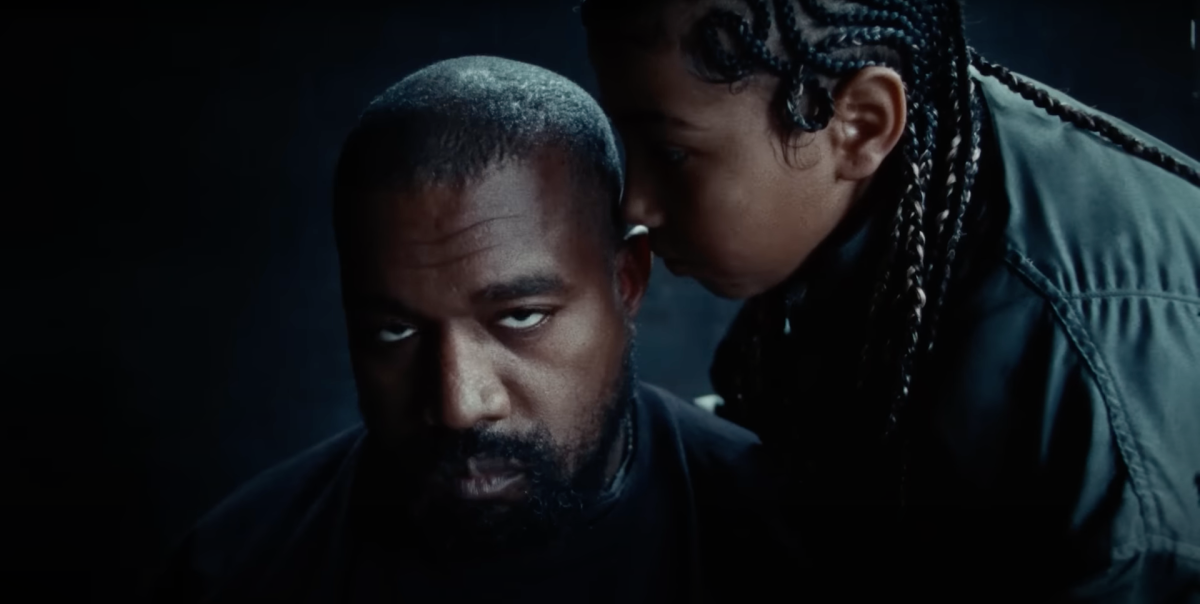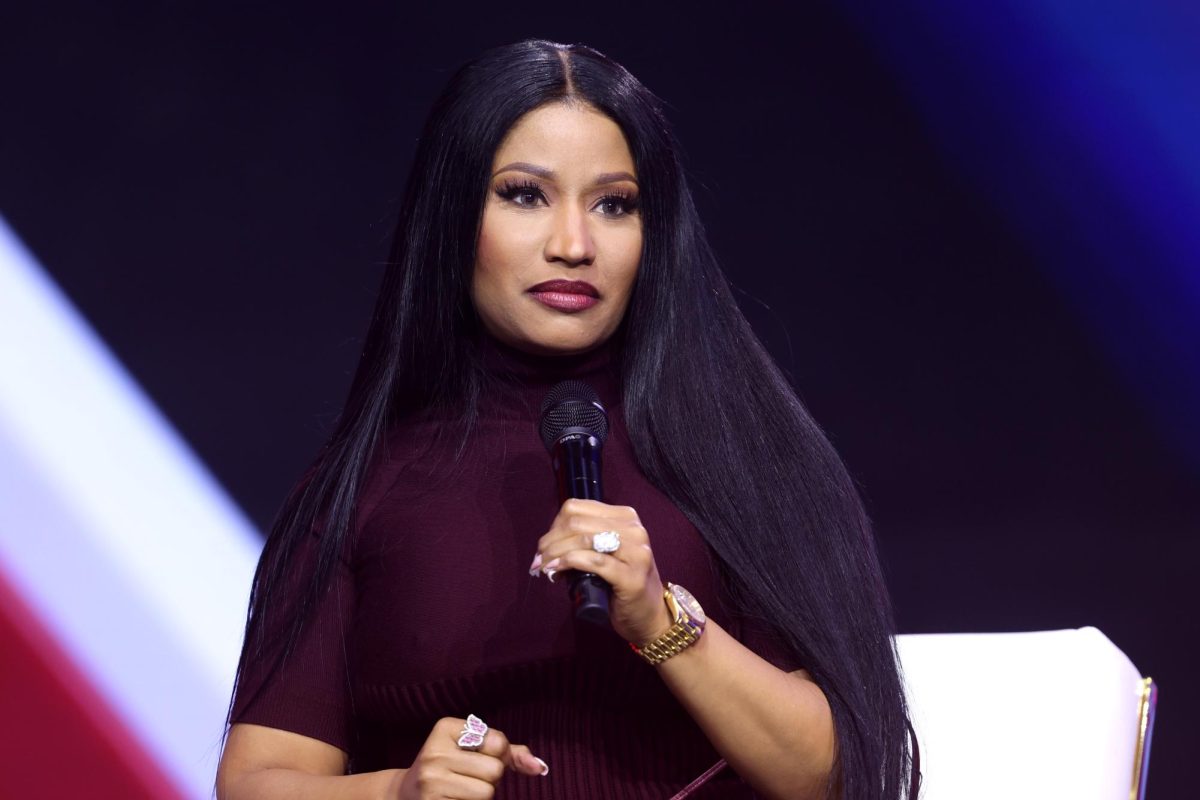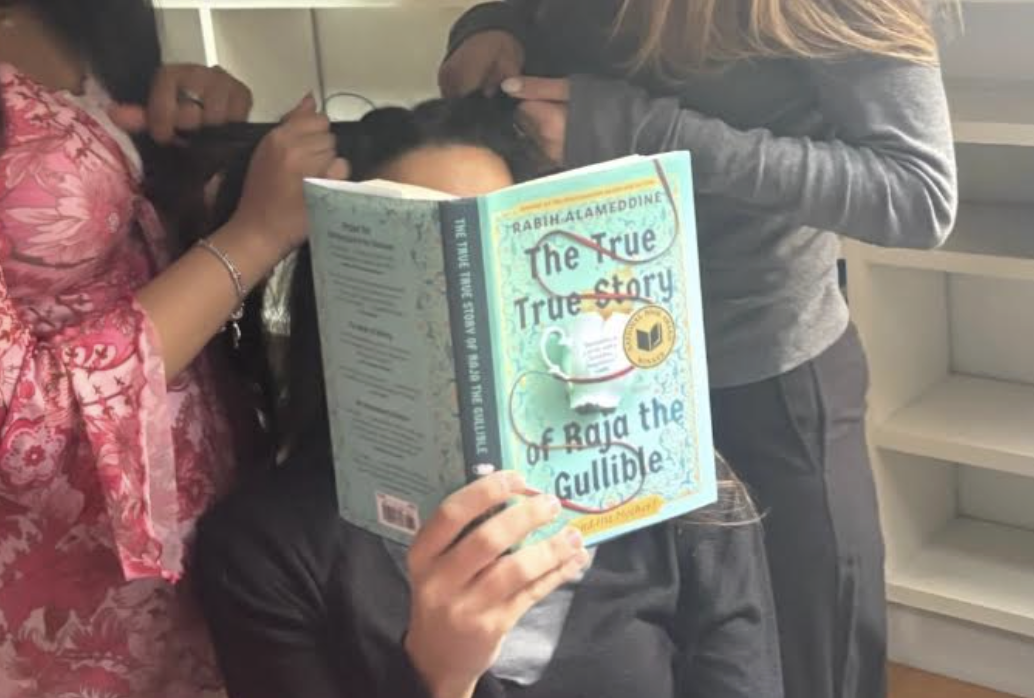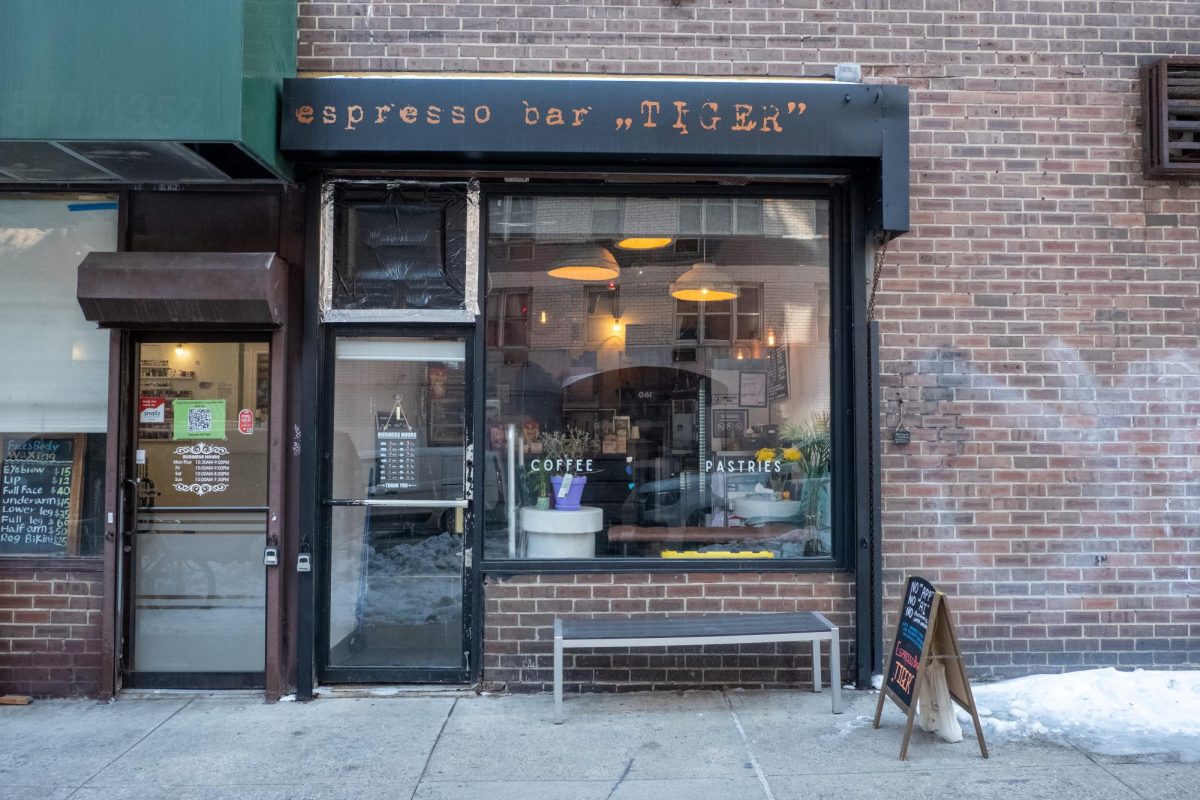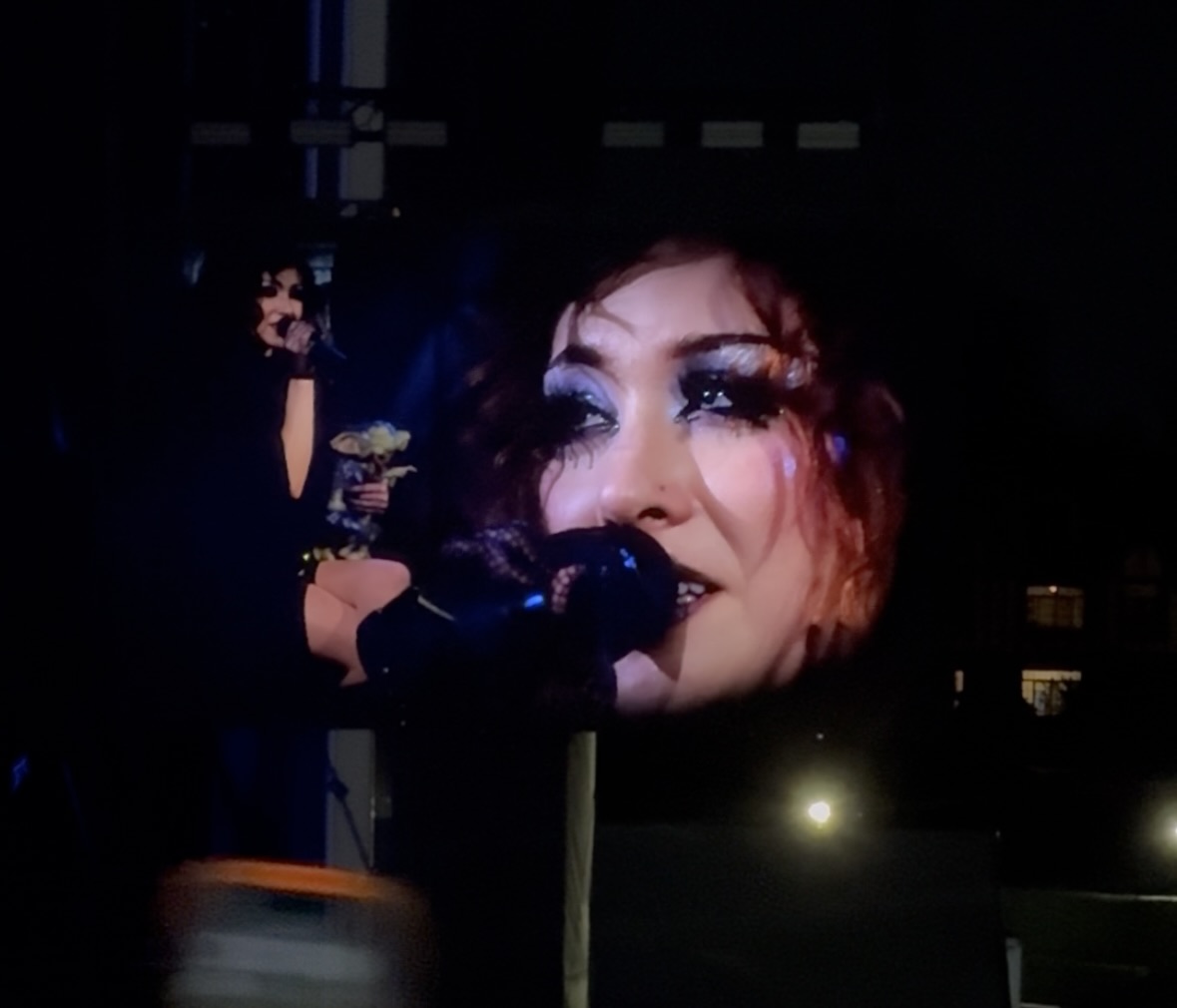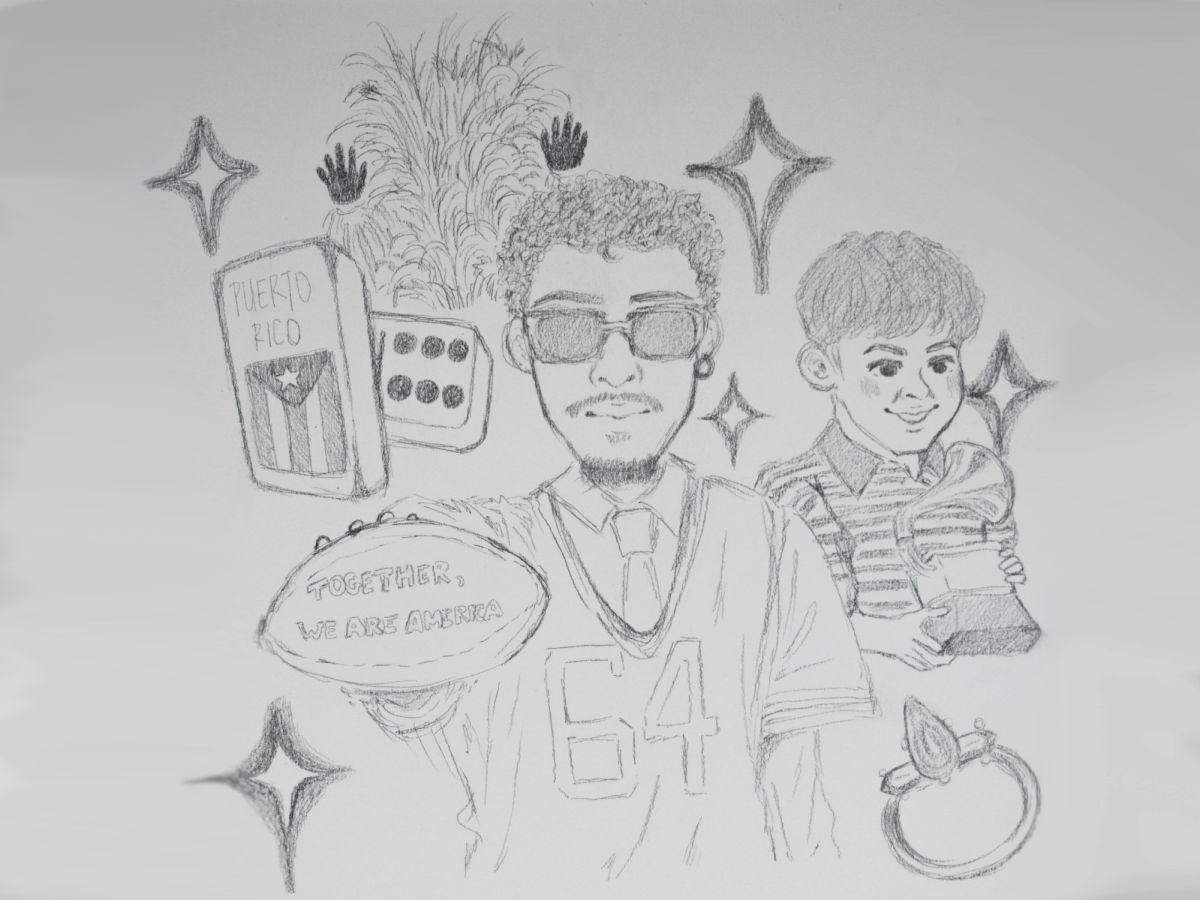Kanye West’s polarizing stardom has peaked once again with the release of “Vultures 1,” raising the question of whether listeners should separate the art from the artist.
Since the release of the Grammy-nominated album “Donda” in 2021, West went into a nearly three-year break that seemingly featured more celebrity drama than artistic production. The most jarring spectacle in the past two years is up for debate, with controversies—such as the White Lives Matter Shirt debacle at Paris Fashion Week in 2022, the infamous anti-semitic “DeathCon 3” tweet in 2023 and the continuation of the ‘Yeezy vs. Taylor Swift’ war at this year’s Super Bowl—all vying for the crown.
It wasn’t until Aug. 25 last year that NBC news reported that West planned to drop a new album in the backdrop of his shenanigans. By October of last year, it was confirmed that the album was a duet with Ty Dolla $ign, under the name ¥$. The remaining obstacle was finding a distributor to cosign the duo in light of Ye’s actions.
The controversy surrounding the release of “Vultures 1” confronted whether it would be possible to separate art from such a controversial artist.
West’s polarizing nature repelled numerous collaborators. Outside of the distribution issue, artists such as Ozzy Osbourne and Nicki Minaj publicly declined to sign off sampling rights for the album. The album harbored only two insignificant samples, contrasting Ye’s previous sample-heavy work.
After constant reports of tracklist changes, delayed releases, and a streamed listening party that was shut down after an anti-antisemitic lyric, “Vultures 1” was finally released independently on Feb. 10.
Unfortunately, the hype surrounding “Vultures 1” clashes with the album’s unorthodox vision.
Sonically, the album is a rollercoaster of emotions. The openers in “Stars” and “Keys to My Life” tease a return to familiar territory, with their evangelical rhythms and sentimental piano riffs reminiscent of ‘The Old Kanye.’
However, these wishful moments are fleeting, as much of the album veers into uncharted territory akin to Ye’s recent outlandish behavior. The experimentation with sounds feels more money-driven and bitter than passionate, marking a departure from West’s previous artistic endeavors.
Lyrically, “Vultures 1” is equally divisive. While some tracks, like the viral hit “Carnival,” showcase West at his most raw and unfiltered, most fall flat, with forgettable verses that seem more provocative than profound. The album’s standout tracks, such as “Talking,” featuring West’s daughter, North West, “Burn” and “Beg Forgiveness,” serve as cleansers amidst a sea of mediocrity, making a full listen more tolerable than enjoyable.
Production-wise, the album is a mixed bag. While the musical composition is top-tier, as expected from West, there are a few missteps, particularly in the last two songs, which feature poor instrumentals and offensive verses.
Ty Dolla $ ign’s contributions, while solid and melodic as ever, feel overshadowed by the album’s controversies. His voice sounded more like an extension of the instruments, serving more as a saving grace than an equal partnership with West.
“Vultures 1” is a testament to West’s status as one of the most polarizing contemporary artists. The project shows an artist oscillating through two different personas of hubris and humility, with its inherent dichotomy rearing its head throughout, for better and for worse.


